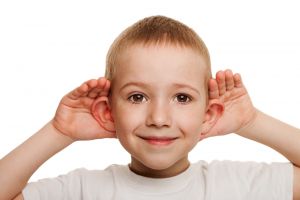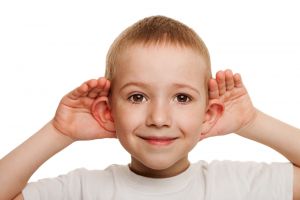No one likes speaking to walls. When we communicate, our expectation is that we are not only heard but also listened to and understood.
And your potential customer feels the same way. They also want to be listened to. And listening has a great magical power. A lot of negative reviews by customers turns into positive if a service provider shows empathy to the reviewer without being defensive.
Your business should not simply just be business at face value, but instead, it should be “Business With Soul”. This, naturally evokes the concept of really caring for all of your clients and prospects, offering value and attentiveness when listening to the important things that they have to say.

So, the question is how to listen in an effective way. Here are few points that can help with effective listening:
Positive encouragement
To listen actively, you should help the other person to speak by using attentive body language, focused eyes and encouraging words. Especially when they are uncertain, supporting them with nods, ‘yeses’ and eyebrows raised in anticipation can be very effective.
Sometimes encouragement is best with silent attention, given them space in which to find the word they need, quietly sitting through the pauses. If they are emotional, accept their emotional state without criticism and without saying ‘please don’t cry’ when we really mean ‘please don’t upset me’. If someone is moved to tears, one of the most powerful things you can do is to allow them to cry.
Attentive listening
In an attentive listening, you pay obvious attention to the other person so they can see that you are interested in what they have to say.
DO NOT glance at your phone. You may think that this is subtle, and for some even a passive habit, but it tells the other party that they are NOT as important as whoever is messaging or calling on the other end. Yes, smartphones are more widely accepted than they were before, but in a meeting, be there, don’t look stupid by looking at your smartphone.
Total listening
Rogers and Farson (1979) describe active listening as ‘an important way to bring about changes in people.’ They recommend three activities:
- Listen for total meaning: Listen both for content and also for the underlying emotions.
- Respond to feelings: Sometimes the real message is in the emotion rather than the surface content. In such cases, you should respond to the emotional message.
- Note all the cues: Not all communication is verbal, so watch for the non-verbal messages.
Reflecting
When you reflect what you hear back to the other person, you are demonstrating that you have heard what they have said. Sometimes rewording their statements before answering or diving into your take on the topic solidifies you are right with them.
Reflection, after the meeting, is also very important. If you can close all your deals on the first meeting and then never have to worry about that person ever again, then good for you. For the rest of the population, go over the notes you have taken from that conversation. Use this valuable information for follow up, and creating a customized and unique proposition for your client.
Demonstrate respect
Although it is most difficult to convince someone that you respect him by telling him so, you are much more likely to get this message across by really behaving that way…Listening does this most effectively’.
If you would like more information on active listening or other tactics that will help you increase your sales and conversions, get in touch with us today!

